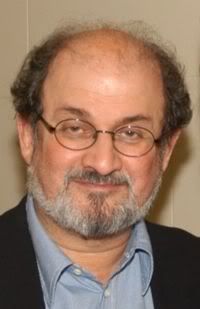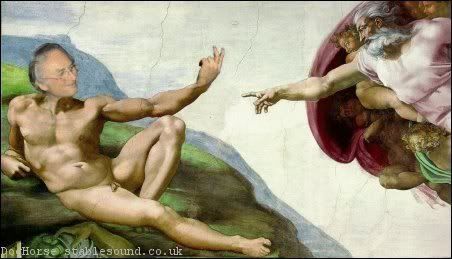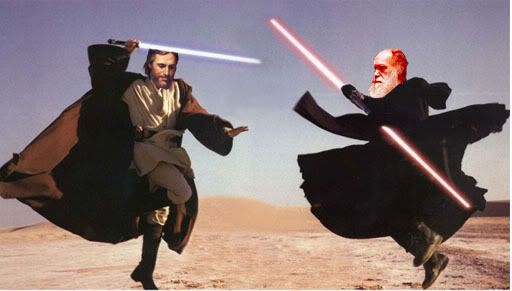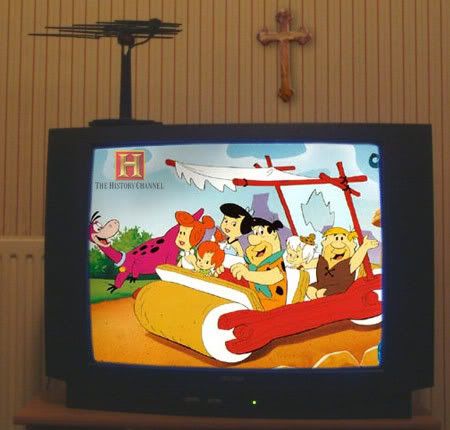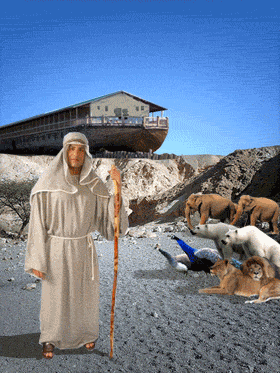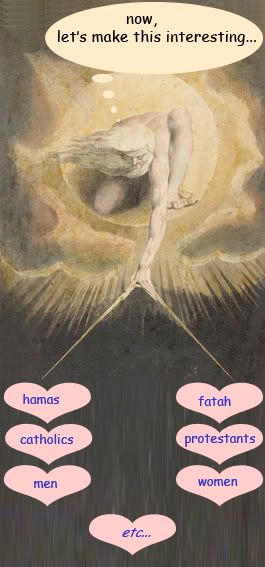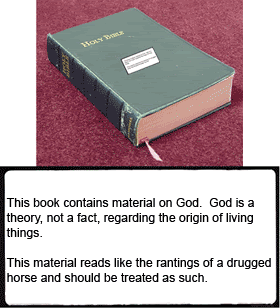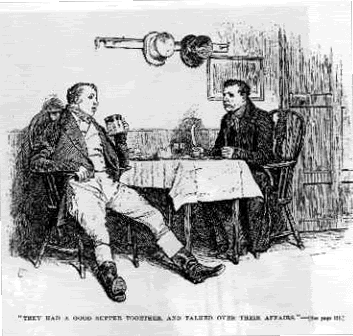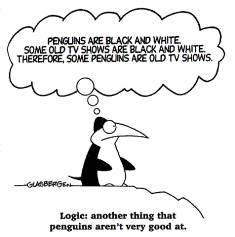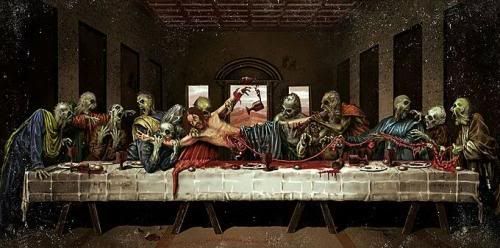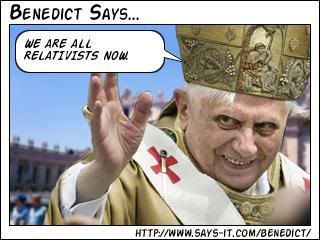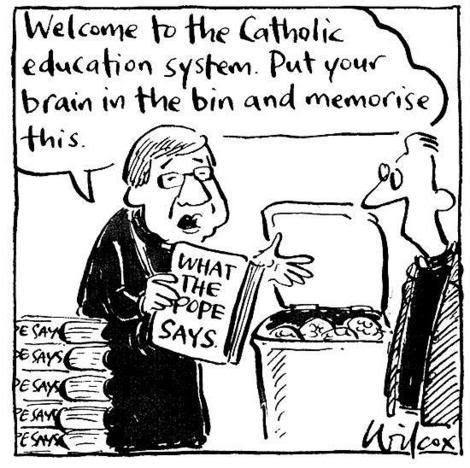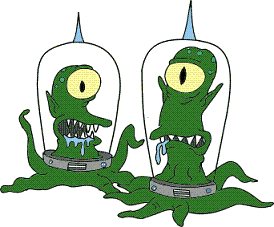In another thread Trey remarks:
Here's his chance--though of course you're all welcome to join in. Below the fold I've reproduced Austin Cline's post on this topic, in order to give Trey something to argue against.
UPDATE: See also Rank Atheism's "Atheism Myths: If there is no God, you are guaranteed of being nothing"
If you will begin a thread on naturalism leading to nihilism, I will post my comments on that subject, which tie in to this inconsistancy of thinking that I just mentioned..
Here's his chance--though of course you're all welcome to join in. Below the fold I've reproduced Austin Cline's post on this topic, in order to give Trey something to argue against.
This myth is based upon a misunderstanding of what atheism is. Many theists think that atheists don't believe in anything at all; evidently, we have no goals, no ideals, and no beliefs whatsoever. Such theists cannot understand how it could be otherwise because their beliefs in and about their god often constitute the most important parts of their lives and are especially important when it comes to their goals, ideals, morality, etc. Without their god, then, those things can't exist.
Of course, it is nonsensical to think that a person can have no beliefs whatsoever. The human brain forms beliefs without our willing or intending it — it just happens and is a part of our nature.
It is also nonsensical to think that a person cannot "believe in" anything, if by belief we mean "placing trust or confidence in another." That, too, is simply a part of our human nature and occurs without our intending it.
Atheists do believe things and they do believe in things. Where atheists differ from theists is that the atheists do not believe in any gods. Granted, for theists their god might be so important and vital that not believing in it may seem just like not believing in anything at all — but really, they aren't exactly the same. Even if a theist cannot comprehend the idea of having values, meaning, or purpose in the absence of their god(s), atheists are able to manage it quite readily.
The only thing atheists have in common is their lack of belief in gods. There are no positive beliefs or attitudes which can be assumed on the part of all atheists. Although some atheists certainly are nihilists, that isn't at all true of atheists — in fact, I'd say that it isn't true of the vast majority of theists. Nihilists are a relatively small philosophical and political position.
If you want to know what an atheist believes or believes in, you have to ask — and ask about specifics. It doesn't work to simply ask "what do you believe in"? That question is much too broad. A person could potentially go on for days explaining all of the things they believe, and why would they bother to do that for you? If you want information, you need to be specific. If you want to know what an atheist believes about morality, ask that. If you want to know what an atheist believes about the origins of the universe, ask that. Atheists aren't mind readers, and you shouldn't expect them to be.
UPDATE: See also Rank Atheism's "Atheism Myths: If there is no God, you are guaranteed of being nothing"


